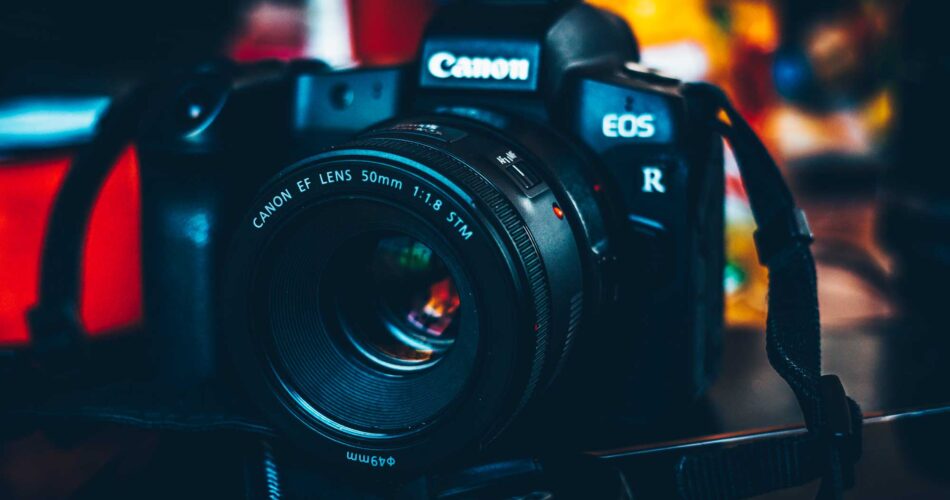Every photographer should know the basics of composition, exposure, and camera settings. They should also understand the technical aspects of their equipment, including lenses and lighting. Additionally, a good understanding of post-processing techniques can greatly enhance the final image. It’s also important for photographers to stay current with industry developments and trends, and to continuously strive to improve their skills through practice and experimentation.
As a photographer, it is essential to have a solid understanding of the technical and creative aspects of the craft. Whether you are just starting out or have been in the field for a while, there are certain things every photographer should know in order to produce high-quality images.
First and foremost, every photographer should have a good understanding of composition. This includes the elements of design such as the rule of thirds, leading lines, and negative space. Composition is the foundation of creating visually pleasing images and is essential for telling a story through a photograph.
In addition to composition, every photographer should have a good understanding of exposure. This includes the relationship between aperture, shutter speed, and ISO, and how they affect the final image. Understanding how to properly expose an image is crucial for producing sharp, well-lit photographs.
Another important aspect of photography is camera settings. Every photographer should be familiar with the different modes on their camera and understand how to use them in different situations. For example, using manual mode will give you more control over the exposure and allow you to create a specific look, while using aperture priority mode will let you control the depth of field.
As a photographer, you should also have a good understanding of the technical aspects of your equipment, including lenses and lighting. Different lenses have different focal lengths, which affects the perspective of the image, and different types of lighting can affect the mood of a photograph. By understanding these technical aspects of your equipment, you’ll be able to make more informed decisions and create more impactful images.
Post-processing is another important aspect of photography. Every photographer should have a basic understanding of editing software such as Lightroom or Photoshop, and be able to use it to enhance their images. This can include color correction, cropping, and retouching.
Finally, it’s important for every photographer to stay current with industry developments and trends. This can be done by reading photography blogs, attending workshops or seminars, and networking with other photographers. By staying up to date with the latest techniques and technologies, you’ll be able to stay competitive and continue to improve your skills as a photographer.
In conclusion, photography is both a technical and creative endeavor. Every photographer should have a strong understanding of composition, exposure, camera settings, equipment, post-processing and industry trends. With a solid foundation in these areas, you’ll be able to produce high-quality images and continue to improve your skills as a photographer.
